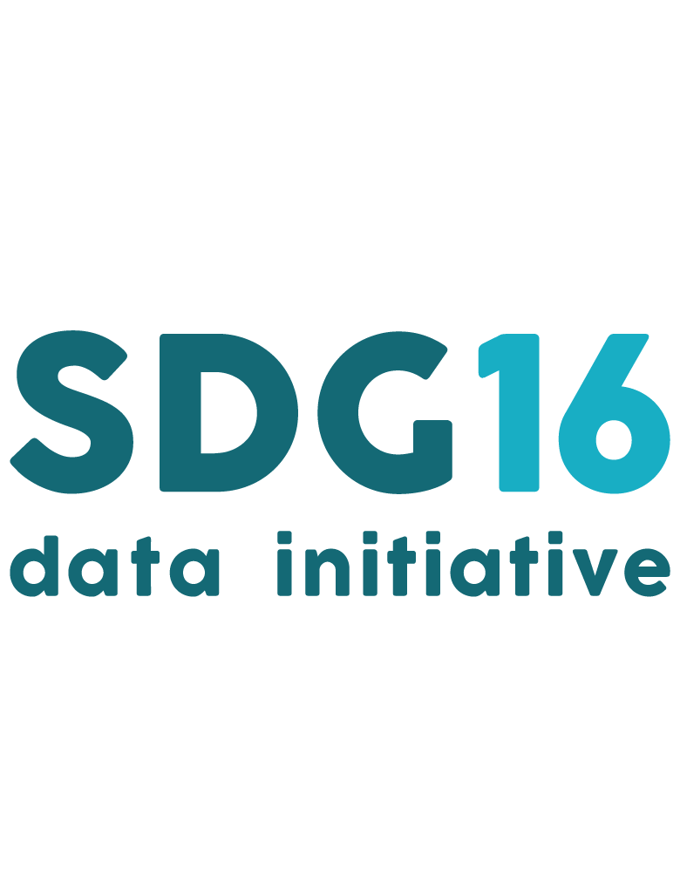
A coalition of international organizations today launched an online initiative to chart progress on one of the most challenging of the UN’s new Sustainable Development Goals (SDGs) – the commitment to “promote peaceful and inclusive societies” in all parts of the world, with measurable objectives in specific target areas.
The SDGs were adopted unanimously by the 193 UN member states in September 2015 to guide national and international development policies for the next 15 years. Goal 16 of the 17 SDGs calls for all countries to work together to “promote peaceful and inclusive societies for sustainable development, provide access to justice for all and build effective, accountable and inclusive institutions at all levels.”
With detailed thematic targets, each with their own benchmarks, SDG16 commits the world’s governments to take action and monitor progress in areas ranging from reducing the death toll from violence (Target SDG16.1) to “ensuring public access to information” (Target SDG16.10).
The new SDG16 Data Initiative, unveiled at UN headquarters in New York during this week’s High-Level Political Forum, showcases currently available data on all SDG16 targets from a variety of official and nongovernmental sources. The global data compiled and presented on the SDG16-DI website were selected by specialists from the fourteen independent organizations which collaborated on this new initiative.
National governments and specialized intergovernmental agencies will be responsible for UN monitoring of the SDGs after official indicators for the goals are adopted by the General Assembly in September 2016. At the same time, supplementary data from nongovernmental sources – including civil society groups and academic research institutions – will play a crucial role in providing a fuller, more accurate accounting of progress towards these ambitious global goals. This is especially true of SDG16, with its overarching aims of reducing conflict, protecting human rights, and improving governance “on all levels” – local, national, and global.
“Sound data and clear metrics are indispensable in helping countries tackle development challenges. This is the first time this data has been available in one place, and it shows clearly that progress on Goal 16 not only can be measured, it is already being measured in many significant ways,” said Eve de la Mothe Karoubi of the UN Sustainable Development Solutions Network, one of the initiative’s founding organizations.
The launch of the SDG16 Data Initiative at the UN today features welcoming remarks by Lisa Bersales, the head of Philippines Statistics Authority and co-chair of the UN’s Inter-agency Expert Group on SDG Indicators. Also speaking at the launch is Paul Gulleik Larsen, SDGs Project Leader for Norway’s Ministry of Foreign Affairs.
The SDG16 Data Initiative and its website were introduced at the UN today by Nathaniel Heller, Managing Director of the Results for Development Institute (R4D), another sponsoring organization. The SDG16 Data Initiative website includes the UN’s recommended official indicators for all the SDG16 targets along with proposed complementary indicators from authoritative nongovernmental sources, Heller explained.
“We see this as a beginning, as a work in progress which will adapt and improve as more data sources become available and the UN begins its own monitoring of the SDGs,” Heller said. “The purpose of this Initiative to start a global dialogue on the many challenges and opportunities for measuring progress on SDG16 in the coming years, so we welcome all comments and questions.”
The SDG16 Data Initiative draws on a wide variety of respected data providers and seeks to identify information gaps and useful alternative data sources in SDG16 target areas, with further additions and revisions to its initial online database planned for the months ahead.

*The SDG16 Data Initiative is a collaborative effort by 14 independent international organizations working in the spirit of SDG16 to advance the cause of peace, justice, and accountable institutions:*
*International IDEA; Institute for Economics and Peace; Global Forum for Media Development; Governance Data Alliance; Namati; Open Society Foundations; Peace Research Institute Oslo; Results for Development Institute; Saferworld; Small Arms Survey; Sustainable Development Solutions Network; TAP Network; Transparency International; and the World Justice Project.*
For further information please contact:
- John Romano +1 609 721 3316 / romano@wfuna.org
- Stacey Cram +1-415-685-1994 / staceycram@namati.org
PRIO Press Contact: Håvard Mokleiv Nygård +47 990 30 548 / havnyg@prio.org
- Please visit the SDG16 Data Initiative website: http://www.sdg16.org





